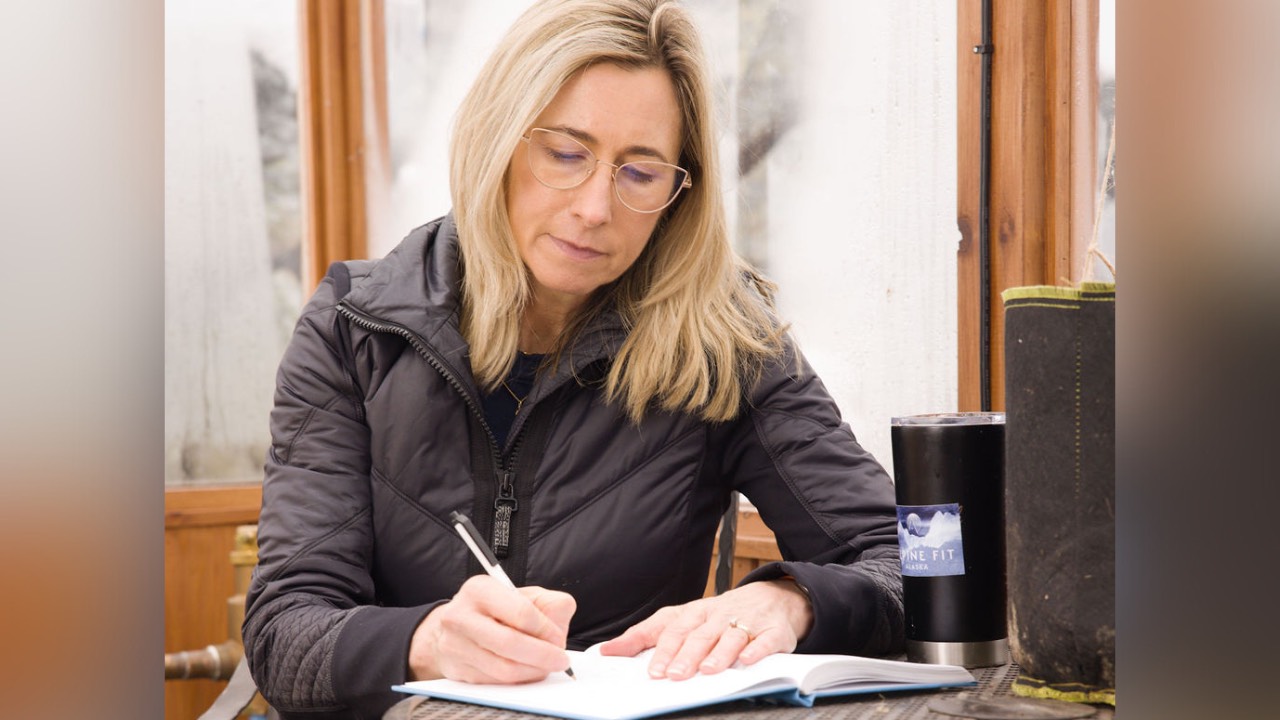Story and Reflection: Lessons from Strife
During my part of my time as core faculty, I gained many humorous memories and more valuable (even if somewhat unorthodox) lessons. We were a large group (12 in all), and for a short while, the makeup of personalities and dynamics created some unruly situations. Many memorable and laughable lessons came from a handful of contentious faculty meetings when emotions were running high.
During one such heated meeting in 2010, I remember one of my mentors modeling the "yes and" language. "Yes, (part of) what you said is true, and this other thing is also true." It diffused situations without overlooking some valid counterpoints. It resonated deeply with me, and I internalized it pretty quickly.
In another meeting (I cannot even remember the topic of discussion, but it was a hot topic and had sidetracked the entire agenda), everyone wanted to speak and give their opinion. And everyone seemingly wanted to counter each other's point. It was exhausting.
Our chief resident (who is now, no surprise, went on to senior leadership) jumped up to the whiteboard to keep track of whose turn it was to speak. (That turned out to be quite helpful).
Then, one faculty member who had just returned from camp with her kids offered a suggestion they used at camp. "For goodness sake, everyone keeps saying the same thing differently. There is no need to repeat anything you agree with; say 'blue' if you agree with someone."
We were all pretty good at integrating suggestions, so the meeting started moving faster, combining the two models with the speaking order. "Blue to what Doe said, and Blah, blah, blah..." Of course, liberties were then taken, "Red - Blah, blah, blah..." "I call Red AND Black to that, Blah, blah blah..."
And then we were all laughing at the absurdity of it all.
Humor and the perspective upon hearing ourselves broke through the tension. I really can't remember what the topic was or how, if ever, it was resolved. My takeaways:
1. Having some order and processes in place for when high-stakes or emotionally-laden topics arise is useful
2. Many rants are just rehashing things already said, eating away at valuable time, and agitating emotions.
3. Every rule has a shadow use
4. "Yes, and" is still helpful
5. In 15 years, no one will likely remember the topic.
6. Emotional regulation should really be taught in medical education and Crucial Conversations should be mandatory reading.
Contentious Meeting Reflection (should you ever find yourself in one): If those things are true - highlighting #5, what needs to happen with the facts as you know them? What bandwidth do you want to offer it? What processes need to be developed? How can you remember you're all on the same team and be productive while preserving relationships? How do you know it's time to take a break and circle back? How can you step back and laugh at the humanity of it all? What may change if you do?





Responses